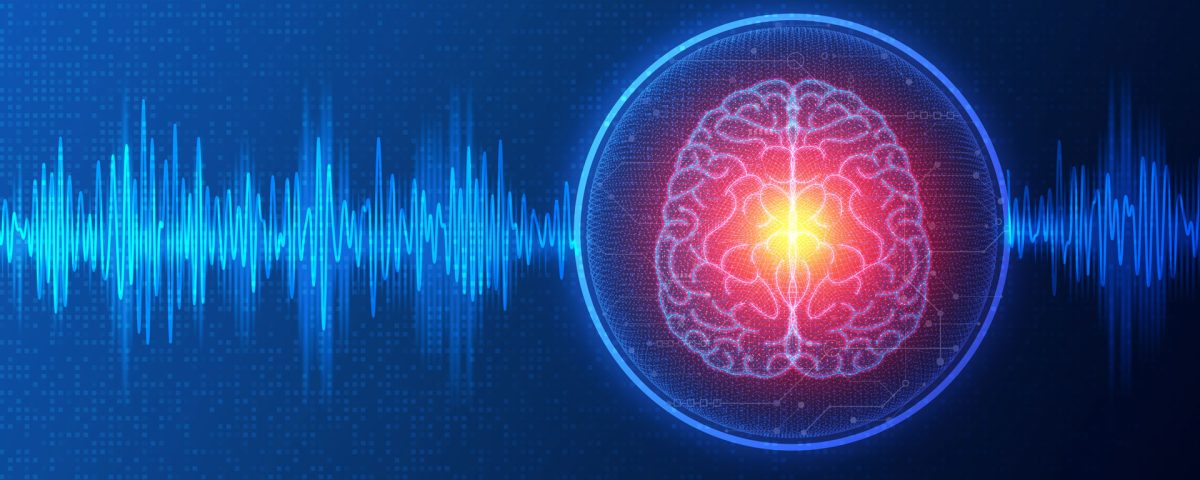April 19, 2022
Deep brain stimulation (DBS) has been a treatment for medication-refractory dystonia in children for over 20 years, showing short-term benefits in inherited, isolated, and idiopathic cases. A review of long-term outcomes, spanning 5 or more years post-DBS in patients under 21, reveals sustained motor improvement, with median Burke-Fahn-Marsden scores improving from 2.5% to 93.2% across dystonia subtypes. Most implants targeted the globus pallidus internus, with an average follow-up of 8.5 years. While data on neuropsychiatric outcomes and adverse events is limited, quality of life improvements persist without significant cognitive or psychiatric issues, though hardware-related complications remain a concern.

